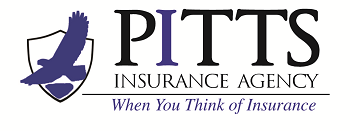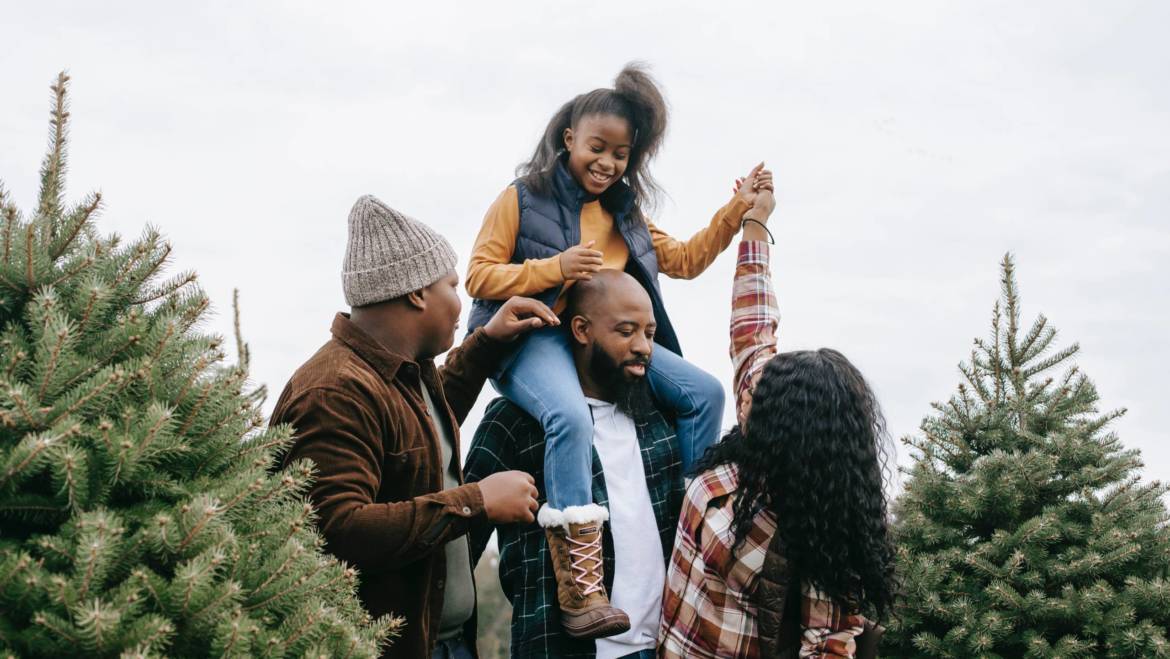A fall, fire or food poisoning can take your holiday season from festive to frightening in a matter of moments, and these types of incidents increase this time of year. In 2016, injuries related to holiday decorating sent 240 people a day to the emergency room, according to the U.S. Consumer Product Safety Commission (CPSC).
The good news is, you can avoid becoming a statistic by taking smart precautions. We’ve rounded up the top five seasonal hazards and the steps you can take to avoid them. Here’s to a happy holiday season!
-
Fires
‘Tis the season for Christmas trees, candles and twinkling lights, which are responsible for hundreds of fires and millions of dollars of damage this time of year.
Prevention
- Consider using LED candles instead of open flames.
- Only use lights that are labeled by a national testing laboratory, like the Underwriters Laboratories.
- Inspect light strands for damage.
- Do not overload extension cords.
- Keep live ornamental greenery, including the Christmas tree, well-watered.
2. Slips & Falls
About 14% of holiday injuries involve falls (CPSC). This can be from slipping on ice or snow, tripping on an uneven walkway or falling off a ladder while decorating.
Prevention
- Maintain sidewalks and driveways so they’re free of damage and obstructions.
- Clear all snow and ice.
- Use ice melt to prevent ice from forming.
- Ensure handrails are sturdy.
- Choose the right ladder for the job and make sure it’s in good condition. Work in pairs so you have help carrying setting up and securing the ladder.
3. Theft
Burglars have their eyes on the abundance of gifts and monetary donations collected this time of year.
Prevention
- Lock up before leaving.
- Illuminate your facility’s exterior.
- Keep and interior entry light on overnight – just not the Christmas lights.
- Use smart cash-handling practices: two-person securing cash and checks, and depositing money as soon as possible.
4. Food Safety
Holiday parties and potlucks are fun, food poisoning isn’t. Due to all the gatherings where food is served, the rate of food-related illness spikes dramatically.
Prevention
- Ensure poultry and meats are cooked to proper temperatures.
- Use clean utensils and surfaces.
- Do not cross-contaminate.
- Pay attention to food allergies.
- Follow proper food storage guidelines.
5. Medical Emergencies
With an increased number of people in attendance at your holiday events, medical emergencies may be more likely to happen.
Prevention
- Review and update your organization’s medical response plan.
- Train staff on how to take action if an emergency occurs.
- Ensure your facility has an automated external defibrillator (AED).
- Document and practice emergency plans and routes.
Read the original blog from Guide One Insurance here.

